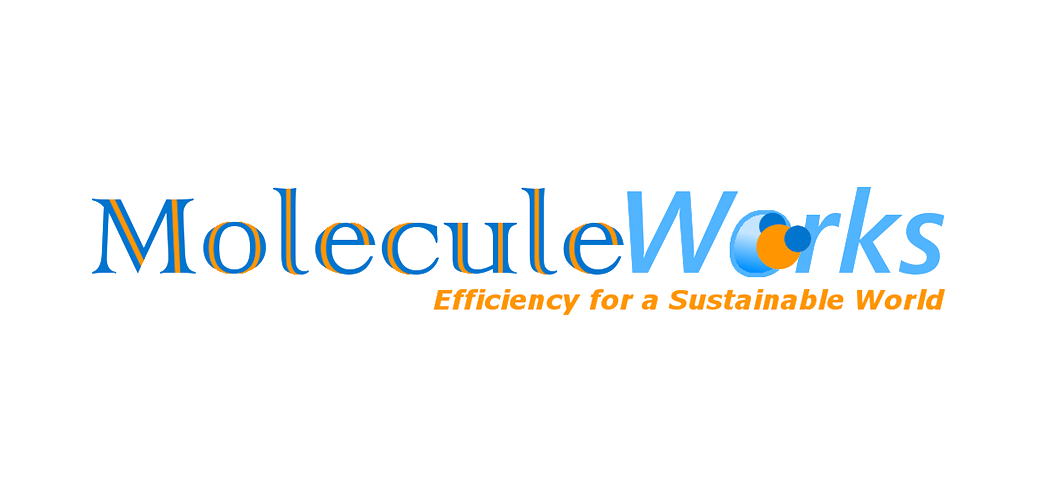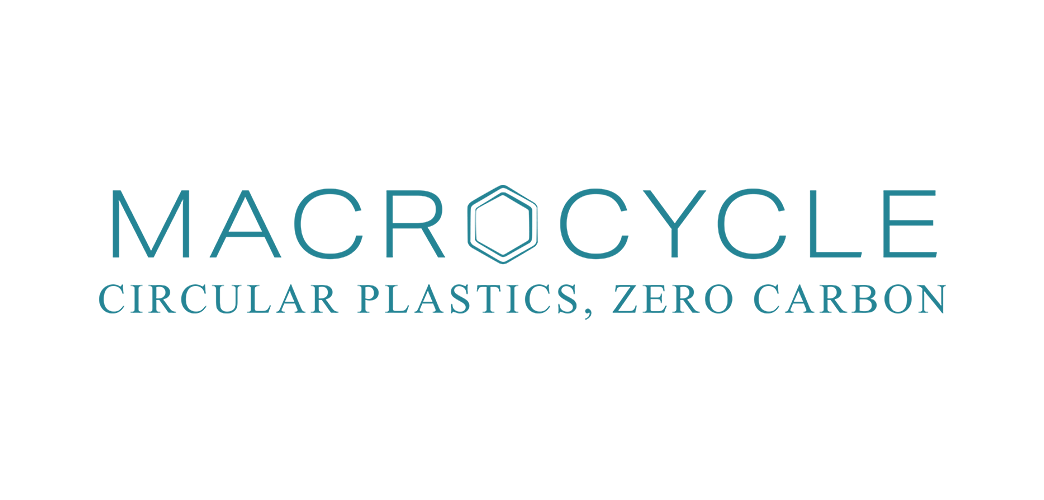
Carbon to Value
Program Alumni
We are proud to champion the brightest minds in carbontech innovation on their journey to scaling their transformative solutions by providing them support in fundraising, workforce development, customer acquisition, and much more. Our evaluation process is incredibly extensive to ensure that our cohorts represent a wide variety of technologies, products, and markets.
Our C2V Program Alumni Book is now available.
Meet our alumni members of the Carbon to Value Program:
Year 1 Cohort
Air Company transforms CO₂ into high-purity alcohols that can be used in spirits, sanitizers, and a variety of consumer industries.
Carbfix provides a natural and permanent carbon storage solution by turning CO₂ into stone underground.
Carbonfree has commercial technologies that capture and convert industrial CO₂ emissions into minerals for sale or storage.
CarbonQuest provides decarbonization technologies and solutions for buildings with a focus on modular carbon capture.
Cemvita Factory engineers microorganisms to use CO₂ as feedstock for biomanufacturing of intermediate chemicals such as ethylene.
CERT converts CO₂ to chemicals such as ethylene via electrolysis.
Made of Air creates drop-in ready, durable thermoplastics using carbon captured by biomass.
Mars Materials develops a new pathway for carbon fiber production using CO₂ as a raw material.
Planetary combines hydrogen production with CO₂ sequestration via ocean air capture.
Year 2 Cohort
Aluminum Technologies develops a Carbo-Chloride Reduction (CCR) aluminum manufacturing technology, which captures process CO₂ and also reduces power consumption relative to conventional methods.
Carbon Upcycling Technologies utilizes point-source CO₂ and mineralizes it with waste materials to create supplementary cementitious materials (SCMs) that can be used in building materials.
Carbonova Corp utilizes CO₂ and methane as a feedstock to produce carbon nanofibers (CNF) that may be used in various fields such as transportation and buildings.
ecoLocked converts waste biomass into biochar to create admixes that can replace a share of the cement used in concrete manufacturing, and thus sequester carbon within buildings.
Full Cycle Bioplastics develops a patented bacteria-based technology that converts organic waste into Polyhydroxyalkanoate (PHA), a biopolymer that can be used to replace a wide range of oil-based plastic applications.
Lydian develops an electro-thermal reactor technology that converts captured CO₂ into fuels and chemicals.
Molecule Works develops a solid sorbent Direct Air Capture (DAC) system using a novel reactor and contactor configuration.
Osmoses develops polymers for gas separation, enabling membrane-based carbon capture applications.
Year 3 Cohort
Capro-X deploys a biorefining platform that upcycles organic waste to fatty-acid biochemicals that can be used in a wide range of applications.
Capture6 removes carbon from the atmosphere while producing clean water and other industrial products from seawater or other saltwater inputs.
Carbon To Stone develops a carbon mineralization technology coupled with high-value minerals and metals recovery.
Dioxycle builds an electrolysis platform to convert carbon emissions into chemicals and fuel building blocks.
enaDyne develops non-thermal plasma catalysis reactors to convert CO₂ into chemicals and fuels.
Global Algae Innovations grows algae that capture CO₂ from the atmosphere to produce protein and oil for food and industrial use.
Mitico (formerly C-Quester) delivers a solution for carbon capture using dry granular metal carbonate (GMC) purification technology with integrated measurement, reporting, and verification.
TerraFixing develops a direct-air-capture technology for cold climates using zeolite-based adsorbent materials.
Year 4 Cohort
Ardent is a process technology company that is developing membrane-based solutions for point-source carbon capture and other chemical separations.
CarbonBlue develops a chemical process that mineralizes and extracts CO₂ from water, which then reabsorbs more atmospheric CO₂.
MacroCycle develops a chemical recycling process to turn polyethylene terephthalate (PET) and polyester-fiber waste into “virgin-grade” plastics.
Maple Materials develops an electrolysis process to convert CO₂ into graphite and oxygen.
Oxylus Energy develops a direct electrochemical process to convert CO₂ into fuels and chemical feedstocks, such as methanol.
Phlair develops a renewable-energy-powered Direct Air Capture (DAC) system using an electrochemical process for acid and base generation.
RenewCO₂ is developing an electrochemical process to convert CO₂ into fuels and chemicals, such as sustainable aviation fuel (SAF) or propylene glycol.
Seabound builds carbon-capture equipment for new and existing ships.
Secant Fuel develops a one-step electrocatalytic process that converts flue gas into syngas.

“Phenomenally run program, which was perfectly aligned with the challenges we were facing in our business. C2V is an amazing platform for carbontech startups to position themselves for growth, learn from fellow startups and partner with established CLC Members.”
— Air Company, Year 1 Cohort
“We entered the C2V program at a critical moment when meeting industrial actors was key for our growth. Through the program we were able to forge invaluable partnerships in the carbontech sector, whilst receiving key guidance on the industry as a whole. Our journey with C2V has been transformative, opening the door for meaningful collaborations that are essential for our growth and impact in the industry.”
— Dioxycle, Year 3 Cohort
“The C2V program is skillfully tailored to the real-world, unique needs of climatetech startups. We joined at a pivotal moment in our growth, and it pushed us to ask the tough, non-obvious questions—while giving us direct access to the industry leaders who could help us answer them.”
— Seabound, Year 4 Cohort
“The C2V program was exceptionally well run and the program content was outstanding. The relationships we developed with the C2V leadership team, corporate partners, and fellow cohort members will last well beyond the final showcase and continue to be a very valuable asset in our company's journey.”
— RenewCO2, Year 4 Cohort
Our C2V Program Alumni Book is now available.




































